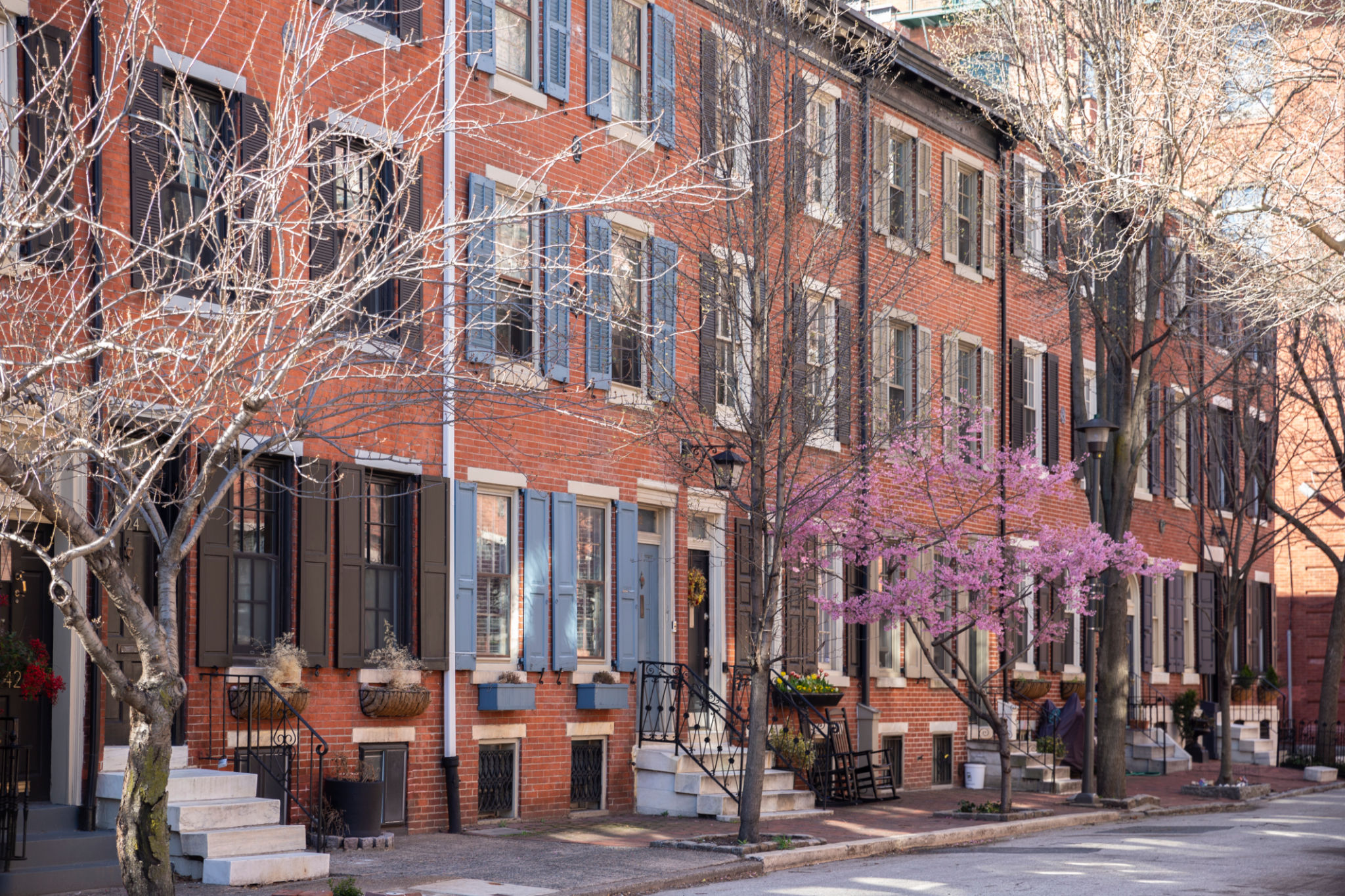How to Finance Your Fix and Flip Project: Tips for Philadelphia Investors
NC
Understanding the Fix and Flip Strategy
Investing in real estate can be a lucrative venture, especially when engaging in fix and flip projects. In Philadelphia, a city known for its rich history and diverse neighborhoods, this strategy can lead to significant profits. However, financing these projects requires careful planning and an understanding of the available options.

Traditional Bank Loans
One common way to finance a fix and flip project is through traditional bank loans. These loans typically offer lower interest rates compared to other financing methods, making them an attractive option for investors. However, they often require a lengthy approval process and stringent credit requirements.
To increase your chances of approval, ensure you have a solid business plan and a good credit score. Additionally, being able to demonstrate previous successful projects can further strengthen your application.
Hard Money Loans
For investors seeking quicker access to funds, hard money loans might be the answer. These loans are offered by private lenders and are secured by the property itself, allowing for faster approval processes. While they come with higher interest rates and shorter terms, their flexibility can be advantageous for certain projects.

When considering a hard money loan, it's crucial to calculate the total cost and ensure that you can complete the project within the loan's term. This will help you avoid financial pitfalls and ensure a smooth investment process.
Partnering with Other Investors
If you're looking to minimize risk and share responsibilities, partnering with other investors could be a strategic move. By pooling resources, you can leverage collective knowledge and capital to finance your fix and flip project. This approach can also open doors to larger deals that might be out of reach individually.
When forming partnerships, it's essential to establish clear terms and agreements from the outset. Ensure that all parties are aligned on the project's goals, timelines, and profit-sharing arrangements to prevent conflicts down the line.

Utilizing Personal Savings
Another option for financing your fix and flip project is using your personal savings. This method eliminates the need for third-party involvement and interest payments, potentially increasing your profits. However, it also means putting your own money at risk.
Before using personal savings, carefully assess your financial situation and consider maintaining an emergency fund. This will help protect you from unexpected expenses or market fluctuations that could impact your project's success.
Exploring Other Financing Options
Beyond traditional loans and partnerships, there are other creative financing options available to Philadelphia investors. Home equity lines of credit (HELOC) and crowdfunding platforms are gaining popularity as alternative funding sources.
A HELOC allows you to borrow against the equity of your existing property, providing a flexible line of credit that can be used for various project needs. Meanwhile, crowdfunding platforms connect you with potential investors willing to fund your project in exchange for a share of the profits.
In conclusion, financing a fix and flip project in Philadelphia requires careful consideration of various options. By understanding each method's pros and cons, you can make informed decisions that align with your investment goals. Whether you're opting for traditional bank loans or exploring innovative alternatives, successful financing is the first step towards a profitable real estate venture.